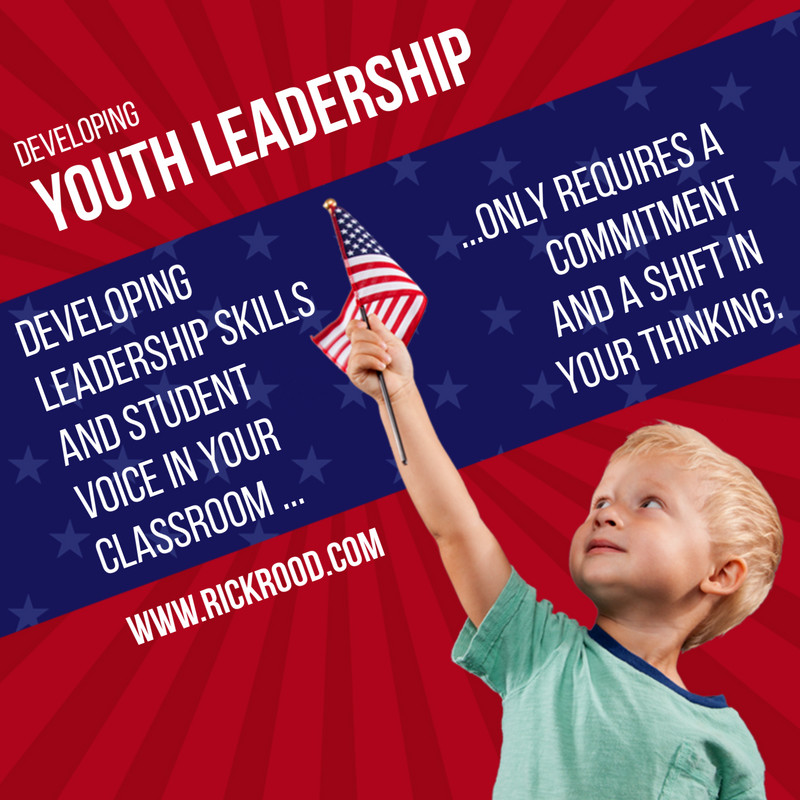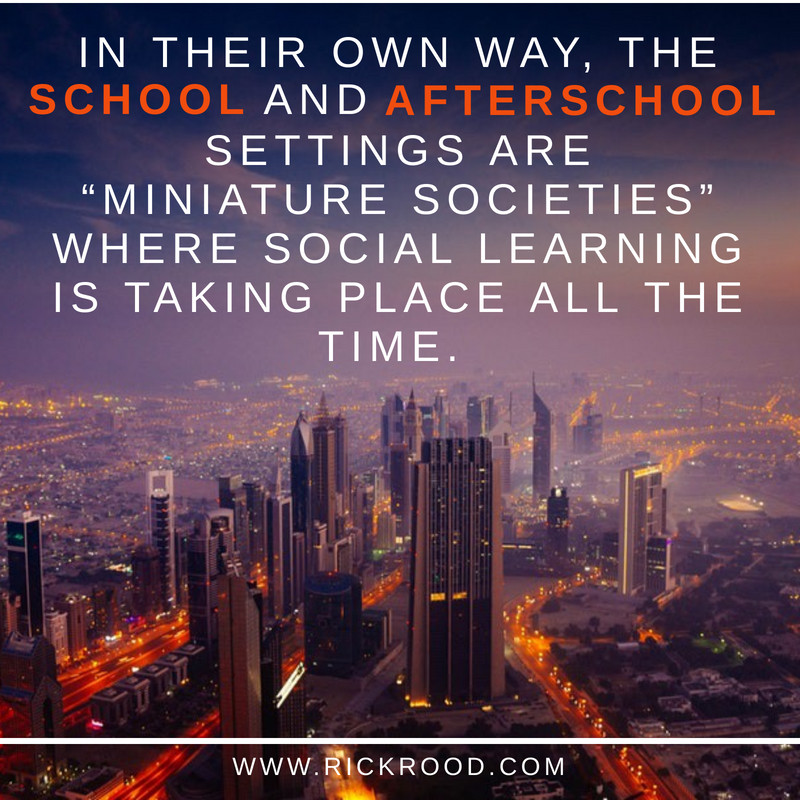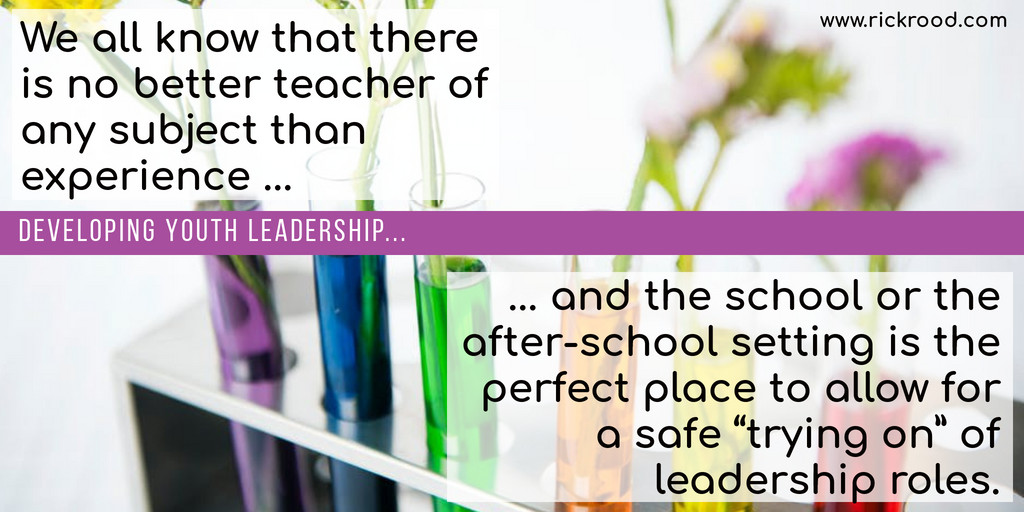DEVELOPING LEADERSHIP SKILLS
Now, whether you’re a classroom teacher, an afterschool professional, sports coach, even a preschool teacher, I’m here to tell you that you most definitely have a role in molding your students’ leadership abilities, and you definitely have a responsibility to help them find their true inner voice. In doing so, you help the development in your students of a trait that psychologists call agency – that’s the ability to act powerfully in the world using one’s own personal power.
Today, we’re going to talk about ways to do this that don’t require a budget increase, won’t create more papers for you to grade, or require hours and hours of extra planning.
PART ONE – CHOICES
Your students’ abilities to recognize and make choices is strengthened through repeated exposures and opportunities to practice making choices in a real-world setting. Not only does the ability to make choices bolster a student’s sense of agency, but it also develops the key leadership skills of analysis and decisiveness.


PART TWO – TEACHER TRAINING
Now, this may seem like a given – but, just like any other subject that you want to teach to children and youth, in order to be successful, the teacher has to have an understanding of the subject beforehand. And, also, just like any other subject, you as the teacher don’t need to possess a PhD in the material to teach it to your students – but it is important that you have that basic understanding of the principles of leadership. You can google a whole host of “Top Ten” books… but I’ll give you three of my favorites to start with. Remember… it doesn’t matter where you start… just start!
PART THREE – ALLOW for EXPERIENCE
In their own way, the school and afterschool settings, it’s like they’re their own “miniature societies” where social learning is taking place all the time. So, by bringing in the leadership aspect, we are being more intentional about social-emotional learning and nurturing the self-esteem and leadership skills of our students. I’m always surprised when teachers don’t realize this – that the school and afterschool settings are inherently social constructs that are not only effective for their designed purpose but they’re also very useful for a variety of informal learning – most importantly social and emotional growth.
When we apply intention and we set up intentional experiences for the student to encounter and practice not just proactive social skills, but also leadership skills, we are developing key areas of our students’ brains that lead to many of the desired results and behaviors that are associated with leadership: things like decisiveness, cooperation, people-skills, critical thinking, metacognition… the list just goes on and on.
PART FOUR – CREATE SMALL CHALLENGES for GROWTH
Finally, today I’d like to share with you a quick technique that is an easy and quick way to implement leadership development and youth voice skills in your classroom, school, or center. This technique can be fitted to whatever topic is happening in your curriculum and it takes very little effort on your part beyond intention.
This technique is called the Weekly Challenge. It’s super-simple. You choose a challenge for your class or your center for the week, you call it out, and you keep track of this challenge. The idea isn’t so much to “rank” the students as it is like a check-box- either the challenge is accomplished or not.


No responses yet